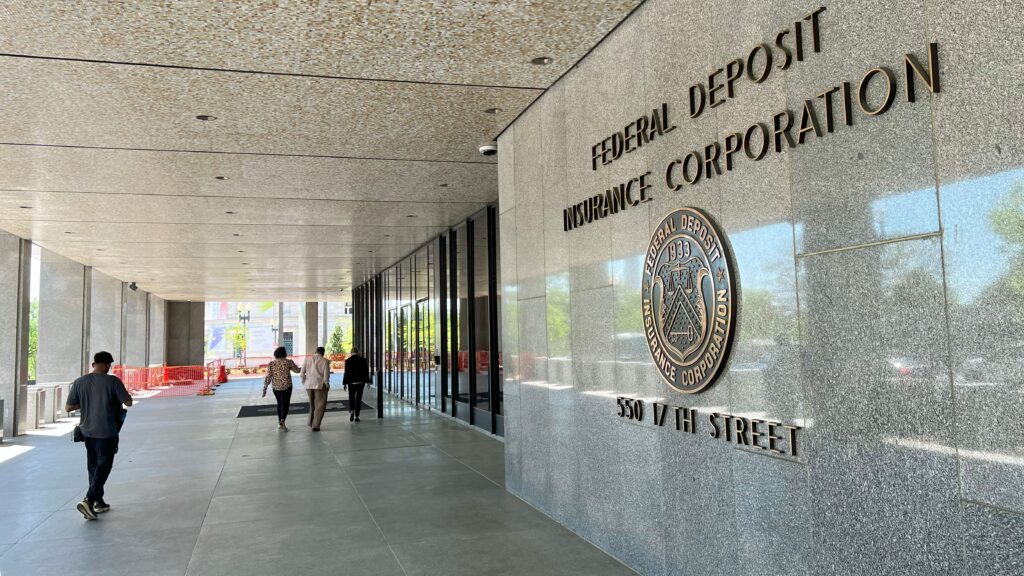The End of the Approval Drought for Crypto Banking
The Federal Deposit Insurance Corporation (FDIC) has made a significant policy shift, announcing that banks will no longer be required to obtain prior approval before engaging in cryptocurrency-related activities. This change marks the end of a restrictive standard that was established in 2022, which effectively disconnected financial institutions from the burgeoning digital assets sector as they awaited approvals that never materialized.
Background: The FDIC’s Role in Crypto Regulation
The FDIC, the primary federal regulator overseeing thousands of smaller banks and the safeguard of the banking industry, has played a pivotal role in the ongoing crypto debanking narrative. Recent legal proceedings involving crypto exchange Coinbase revealed numerous communications between the FDIC and the banks it supervises. In correspondence dating back to 2022, the FDIC had advised these banks to refrain from entering new crypto ventures while it deliberated on policy development. Unfortunately, these discussions never led to actionable guidelines, leaving many banks in limbo.
A Shift in Leadership and Policy Direction
This newfound guidance issued by the FDIC comes on the heels of a leadership overhaul prompted by President Donald Trump, who appointed a more crypto-friendly team at the FDIC and other financial regulatory bodies. This administration’s directive aims to foster a more welcoming environment for the digital assets industry.
Statements from FDIC Leadership
In an official statement, FDIC Acting Chairman Travis Hill expressed optimism regarding this policy change, stating, “With today’s action, the FDIC is turning the page on the flawed approach of the past three years. I expect this to be one of several steps the FDIC will take to lay out a new approach for how banks can engage in crypto- and blockchain-related activities in accordance with safety and soundness standards.”
New Guidelines Empower Banks to Engage with Crypto
With the removal of the pre-approval requirement, banks can now confidently pursue opportunities in the crypto space, provided they adequately assess the associated risks. This marks a significant shift from the previous stance that required extensive vetting before any engagement with digital assets.
Industry Reactions
Bo Hines, the White House’s director of the council of digital assets advisers, praised the FDIC’s decision in a social media post, describing it as a “huge step forward” for the industry. This sentiment reflects a broader enthusiasm within the crypto community regarding the potential for increased participation from traditional financial institutions.
Broader Implications Across Regulatory Agencies
The push for pre-approval was not exclusive to the FDIC; it was a common theme among the three major U.S. banking regulators, including the Federal Reserve and the Office of the Comptroller of the Currency (OCC). Recently, the OCC has also rescinded its similar guidance from 2022, acknowledging the difficulties faced by the digital assets sector during a time of significant turmoil and high-profile failures, such as the collapse of the global exchange FTX.
Conclusion: A New Era for Crypto Banking
The FDIC’s revised approach signals a transformative moment for the intersection of traditional banking and cryptocurrency. As banks are now empowered to explore opportunities in this dynamic sector without the cumbersome approval process, the future of crypto banking appears more promising than ever.



